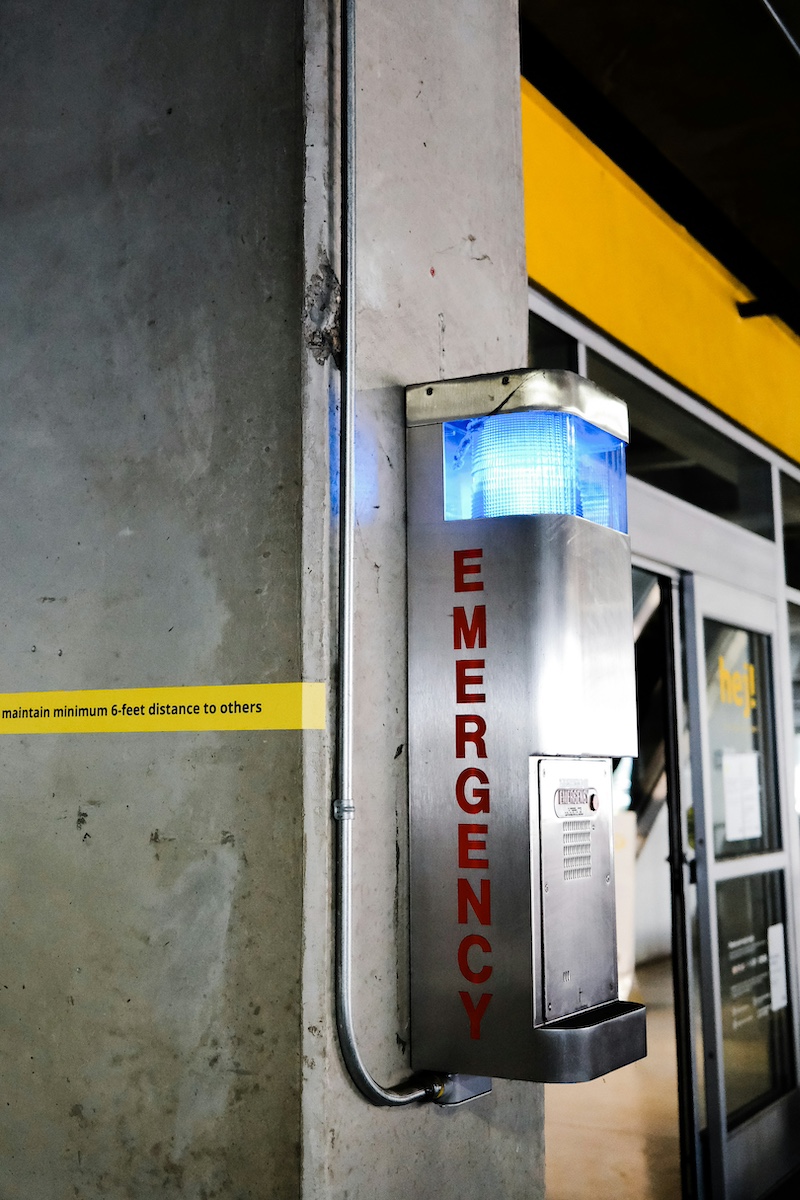
How to Excel in an Emergency Management Department and Leave a Good Impression
If you’re in an emergency management department, you can understand the amount of pressure that comes with crises. So, it’s always a priority to take all the necessary steps to success.
To build, sustain, and improve your ability to mitigate against or respond to threats, there are important skills and strategies you should learn and apply.
Mastering Major Leadership Skills
Most emergencies involve several response teams, so knowing who’s responsible for each role is important. You must also keep tabs on them to ensure operations are running smoothly.
To do these, you should master major leadership skills like organization, delegation, and supervision. You can understand these skills better by taking an emergency management course online or learning them individually.
Below is a breakdown of how these skills affect emergency management:
Organization
As an emergency manager, you have numerous responsibilities, like resource management or strategic management. Most successful managers structure how responders should share intelligence and react in emergencies.
Since most command and control systems lack a complete operating view, you must develop a repeatable strategy for sharing information across the security team when there’s an incident.
If you have organization issues, especially with resources, you may also have problems relaying vital intelligence to security staff, first-aiders, and volunteers.
Delegation
Understanding delegation can help save time and improve results in emergency response. To delegate, start by assessing the situation to know the capabilities and availability of your team for that task.
If you believe that your team’s strengths, weaknesses, and skills are within the scope of the task, you can delegate it.
Supervision
Supervision in emergency management doesn’t mean you should apply micro-management. You’ll need to trust your team and give them all the resources and help they need to empower them.
Don’t interfere, control, or criticize their work. Instead, carefully give feedback and respect their opinions, suggestions, and ideas.
Adopting Effective Communication Strategies
At every stage of your career in emergency management, communication is a key tool that makes a difference. As a manager, you must communicate with many individuals and groups.
For instance, you could need to speak to agency representatives, emergency staff, or even the public during training drills.
If you get an online degree in communication or management, you may have an idea of some of these effective communication strategies to adopt:
Convey Important Messages Clearly and Concisely
When talking to your team, don’t leave any important points out. Let them know exactly what you’re trying to tell them by being clear. To remain clear, avoid idiomatic expressions or slang they may not understand.
Some healthy verbal and non-verbal communication practices you should consider are:
- Using action verbs when possible
- Leaving out filler words and cliches without meaning
- Employing visual aids to support points
- Using clear call-to-actions (CTAs) when possible
Utilize Different Modes of Communication
In emergency management, you don’t need to restrict yourself to one means of communication. Some of your workers may prefer an email or a text to verbal communication. So, ensure you can pass your message to them using those methods.
Be Conscious of Your Tone
The same word could have a different meaning when you change your tone. For instance, “I need you to send an email to volunteers today” can sound commanding and hostile in one tone, and it could also sound calm and friendly in another.
So, ensure you’re not raising your voice aggressively when speaking with your team.
Using the Ideal Emergency Response Management Systems
To achieve effective emergency management, companies often use emergency response teams that interface with public emergency services to mitigate the impact of disruptions in their operation.
They use incident command systems (ICS) to standardize emergency response command, control, and coordination.
Final Thoughts
Excelling in emergency management is not a difficult goal, especially when you have all the necessary skills. Start by taking a proper course that teaches all theoretical and practical lessons on succeeding in emergency management.
Once you have a degree, you should give yourself time to learn on the job and grow.
Image by Trinity Nguyen on Unsplash

